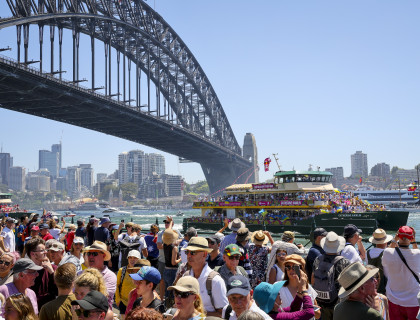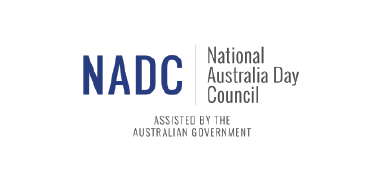Highlights from Australia Day 2024

Circular Quay
As the sun rose on Australia Day, the world-renowned Sydney Opera House sails were illuminated with a spectacular Aboriginal artwork.

Walumil Lawns
WugulOra (meaning ‘One Mob’) is a time for inclusion, understanding and reconciliation – a sacred and reflective start to our national day.

Sydney Harbour
Sydney Harbour and Circular Quay was the place to be on January 26 with plenty of free events and fun activities on sea, shore and sky for all to enjoy.

Circular Quay
A spectacular concert staged on land and water, featuring live musical performances from top Aussie acts and dazzling fireworks displays.
Watch a recap of the epic Australia Day Live 2024 concert
Subscribe to the Australia Day newsletter
Receive updates and announcements about Australia Day events and competitions, straight to your inbox.
By clicking ‘Subscribe’ you agree to our privacy and legal statement.








